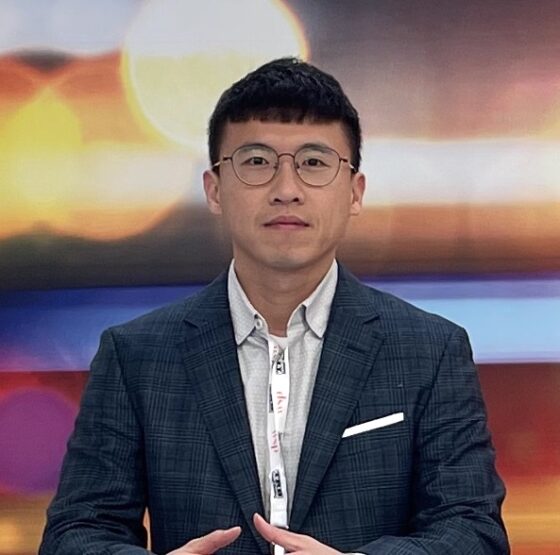PhD candidate wins two prestigious fellowships for research into road safety in the age of Uber Eats
Cheng-Kai (Kai) Hsu’s findings highlight the need for regulatory oversight to protect vulnerable gig workers and the public.

Cheng-Kai (Kai) Hsu, a PhD candidate in the Department of City & Regional Planning, has been honored with two prestigious fellowship awards: the Institute of Research on Labor and Employment Dissertation Fellowship and the Roselyn Lindheim Award in Environmental Design and Public Health. The IRLE Dissertation Fellowship recognizes Kai’s research into occupational road safety among those working in Taiwan’s on-demand food-delivery sector. The Roselyn Lindheim Award supports his interdisciplinary investigation into the impact of urban heat on increasing road traffic injury risks in Taiwan and Latin America.
Kai’s dissertation, tentatively titled “Heat Exposure and Road Safety in the Era of a Changing Climate and the Precariousness of the Gig Economy: Evidence from Taiwan and Latin America,” explores the complex interplay between road safety dynamics, global warming, and the evolving gig economy. Utilizing wearable sensors, AI image recognition, and advanced biostatistical techniques, he aims to understand how factors like high heat exposure and precarious work structures contribute to traffic injuries and risky driving behavior.
Spanning six cities in Taiwan and 272 cities in Latin America, Kai’s research has policy implications for the enhancement of road safety in tropical regions. Gig economy workers in these areas often use motorcycles, whose open designs offer little physical protection and expose their riders to high heat. In addition, the gig economy business model may exacerbate risky driving behaviors such as speeding, harsh acceleration, and tailgating, among food-delivery workers. Kai’s findings point to the urgent need for regulatory oversight to safeguard the road safety of this vulnerable occupational group and the general public.
This recognition and the accompanying support significantly strengthen Kai’s dissertation research as he enters his last year of the PhD program.